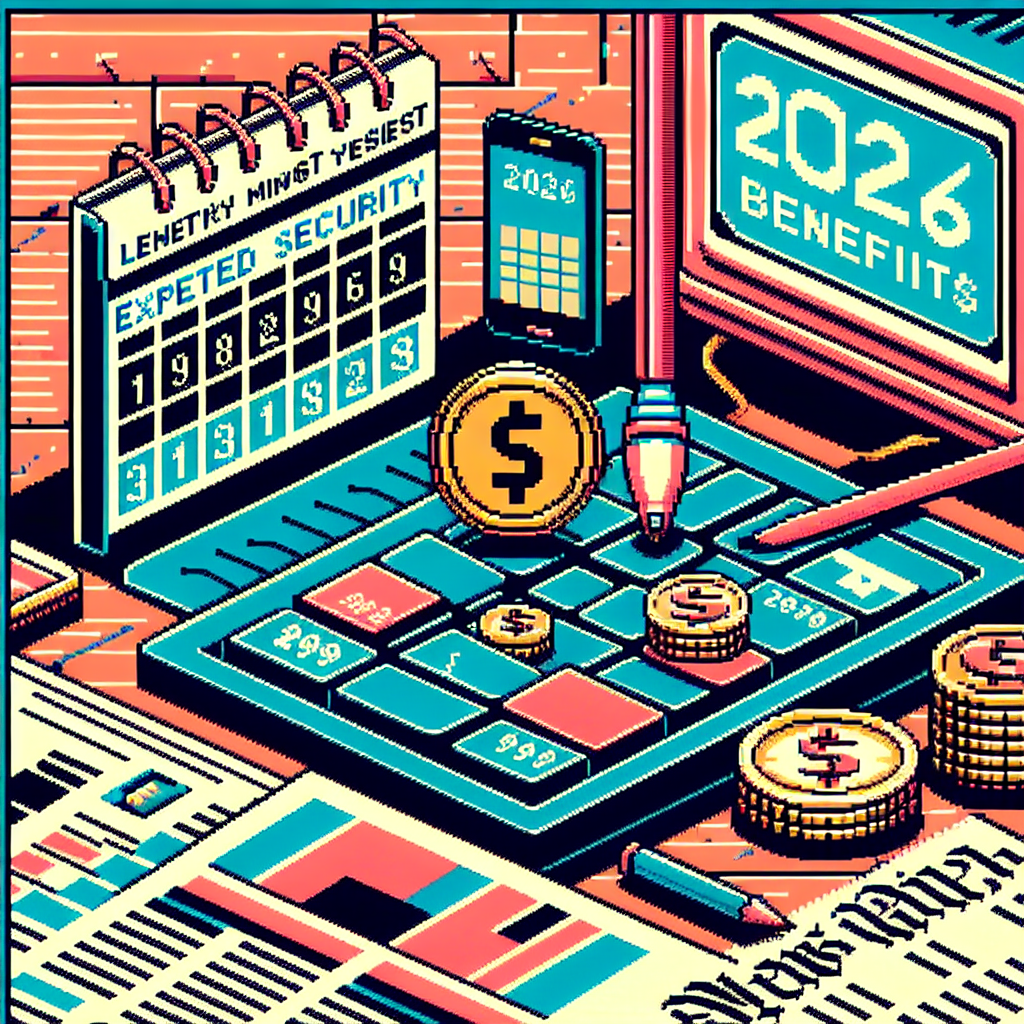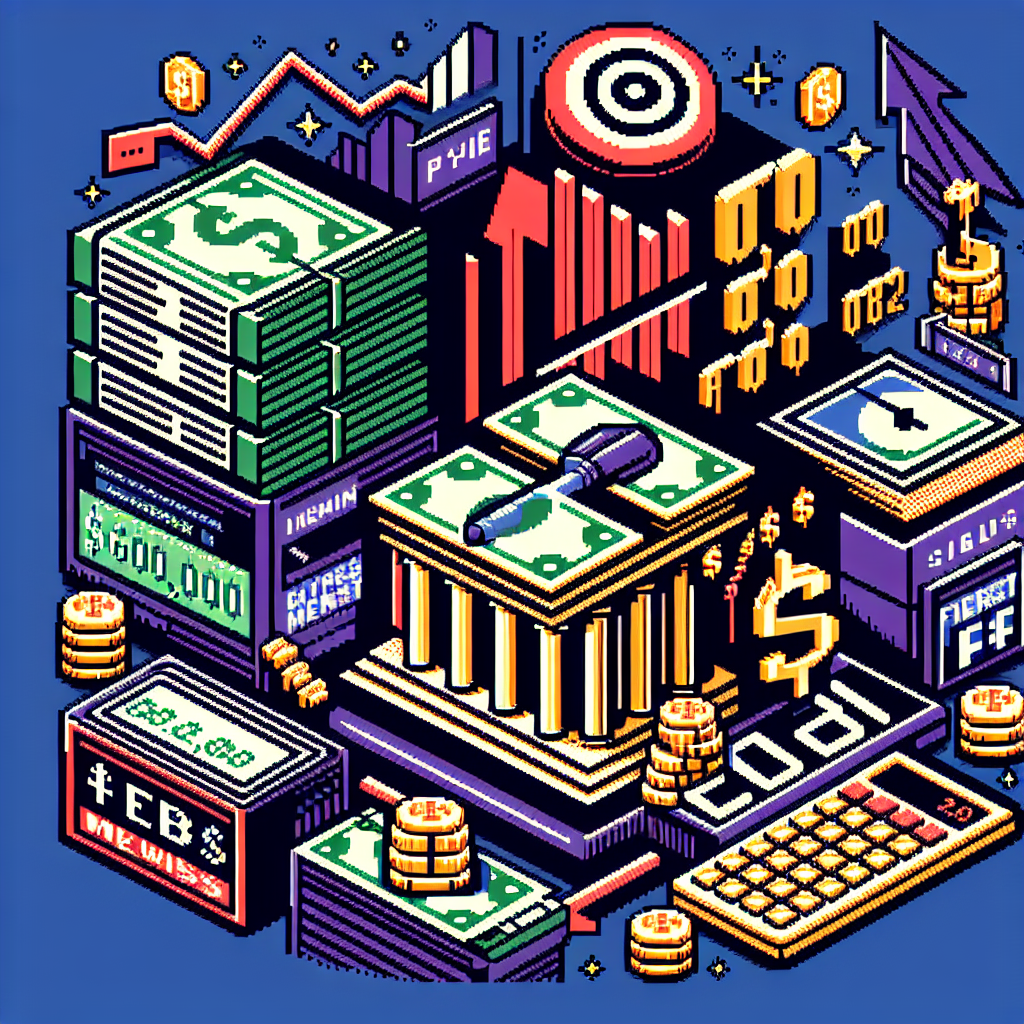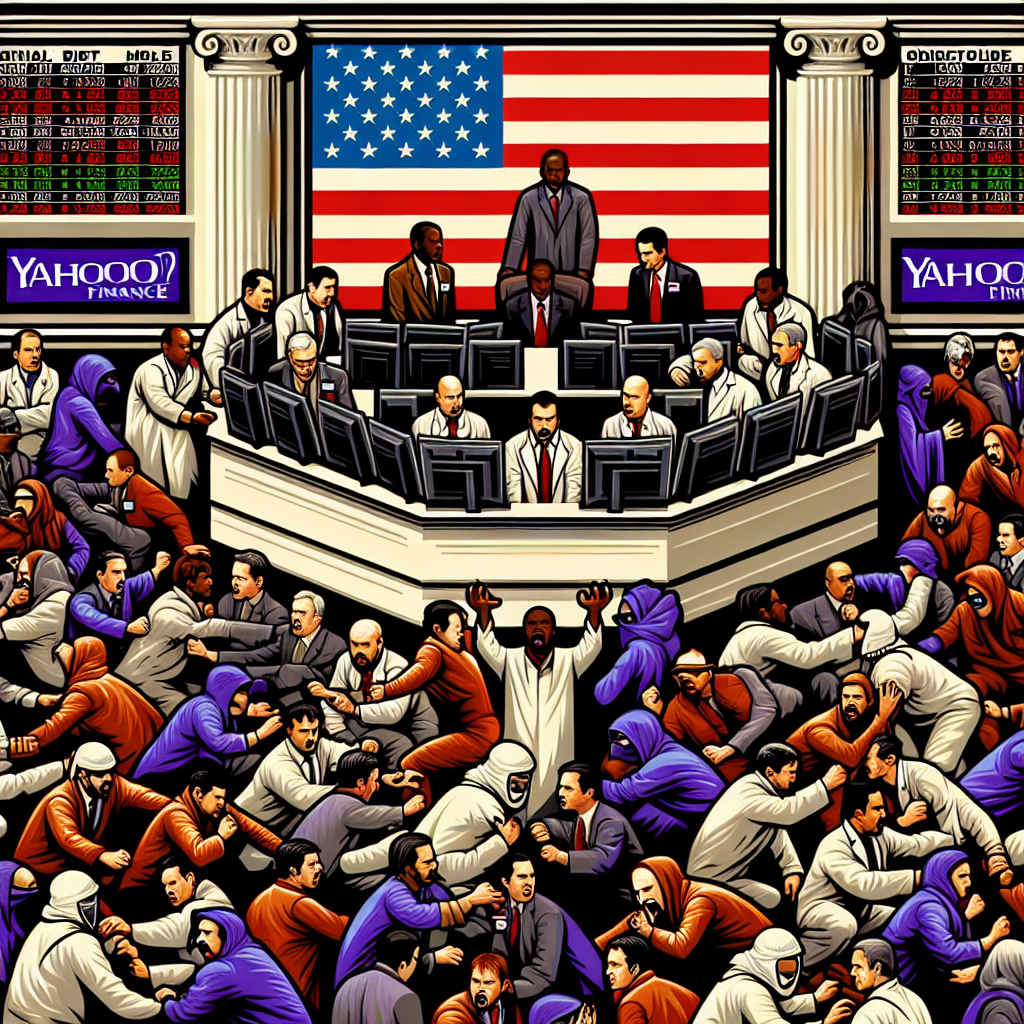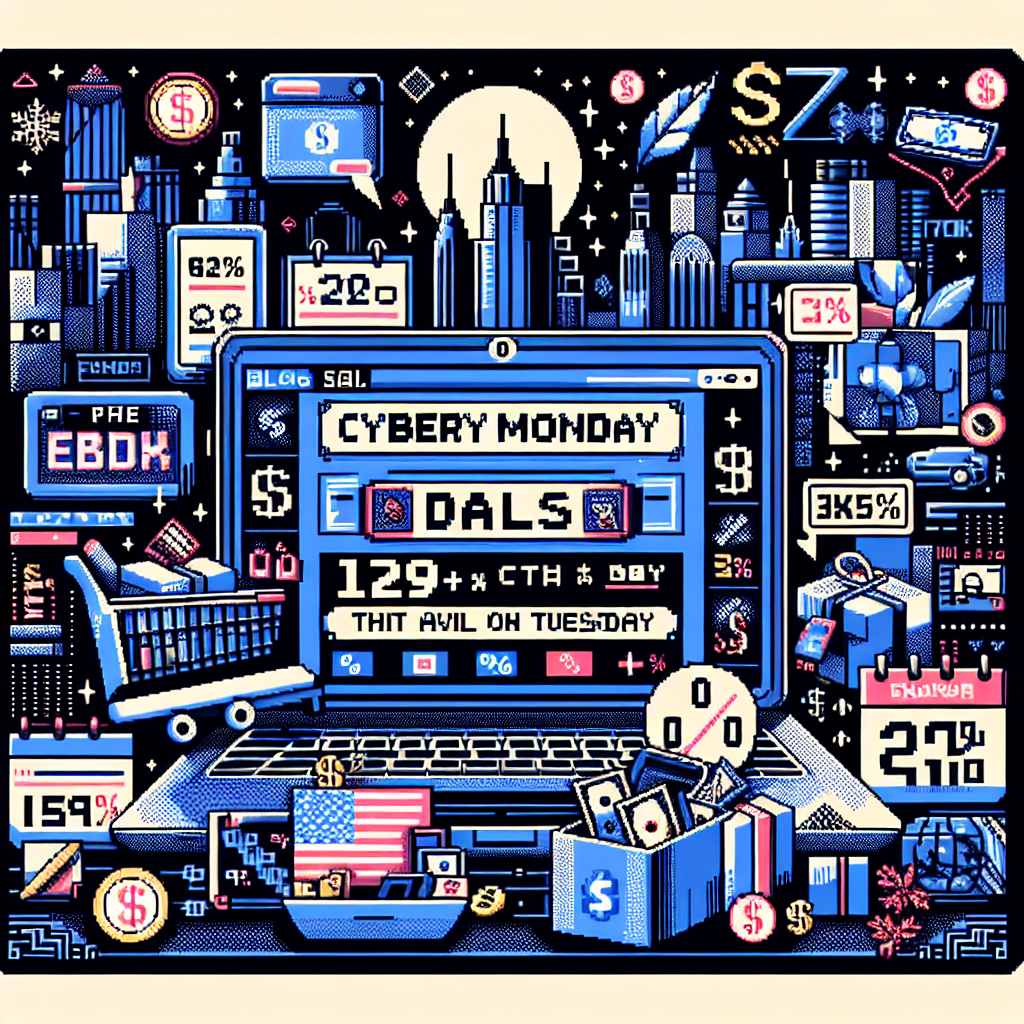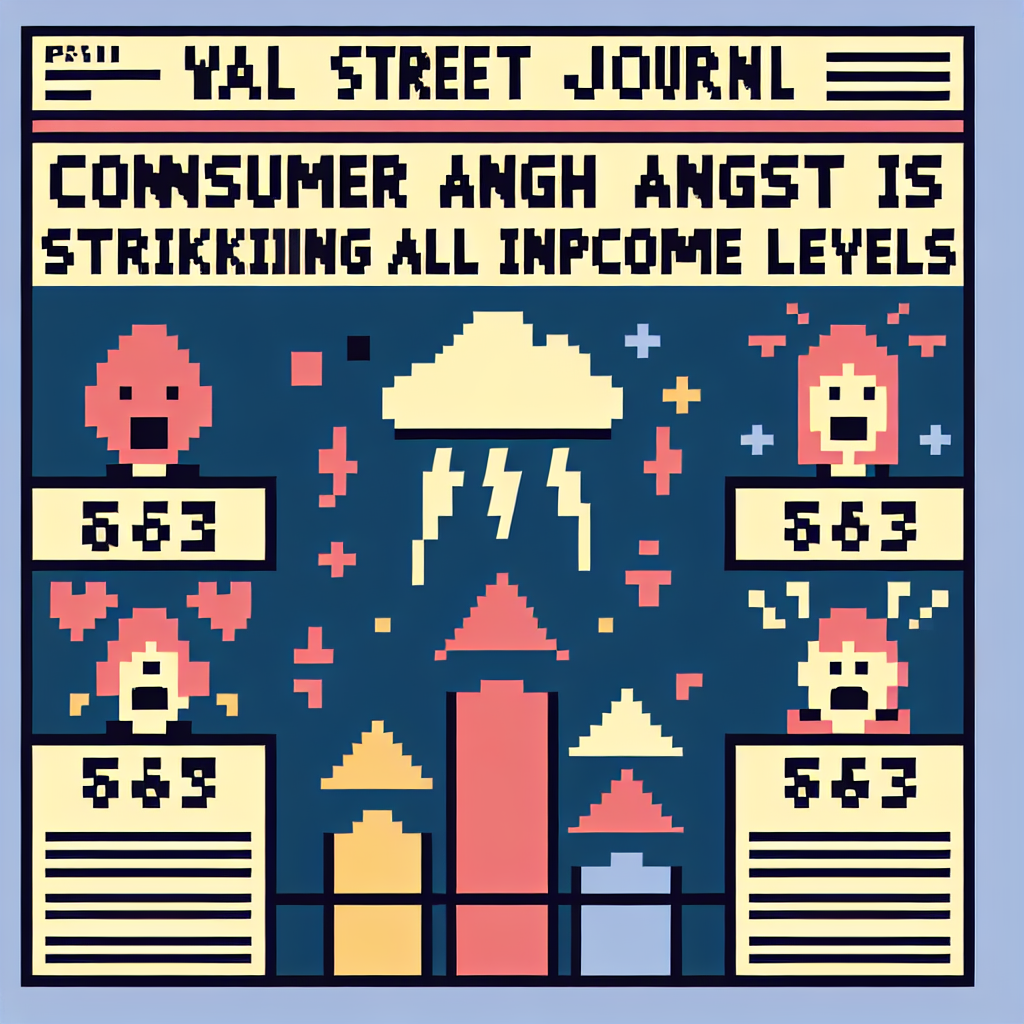A $1,000 Head Start: What “Trump Accounts” Mean for Your Child’s Future
You probably saw the headline and felt a tiny burst of hope: the federal government is putting $1,000 into investment accounts for certain newborns. It sounds simple, generous — almost symbolic. But behind that four-figure deposit is a tangle of eligibility rules, tax mechanics, political theater, and real trade-offs for families trying to build long-term wealth.
Here’s a plain-speaking tour of what “Trump Accounts” are, who qualifies, how they’ll work, and why the policy matters beyond the initial $1,000.
The hook
Imagine your baby’s first college fund arriving from Washington: $1,000 deposited automatically into a tax-advantaged investment account. It’s enough to start compounding over 18 years — but not enough, by itself, to erase structural inequality. Still, the idea has grabbed attention because it’s easy to explain and politically resonant: a one-time “seed” for every eligible child.
What the program is and where it came from
- The accounts were created as part of the broad tax and spending package signed into law on July 4, 2025. That legislation included many provisions; among them are these new child investment accounts popularly called “Trump Accounts.”
- The Treasury will seed accounts with a $1,000 deposit for eligible children born in a specific window. The program is structured like a tax-advantaged investment vehicle: money grows tax-deferred and qualified withdrawals get favorable tax treatment. (See Sources for reporting details.)
Who is eligible and important dates
- Government seed money applies to children born between January 1, 2025, and December 31, 2028.
- The Treasury will set up accounts for eligible children (parents can opt out). Parents, guardians, family members, employers, and others can also open accounts and contribute.
- Many news outlets report accounts or contributions will be able to begin in mid-2026 (July 2026 is widely cited for when account activity and signups will open).
- Check official guidance and Form 4547 (the IRS form tied to enrollment) once the Treasury and IRS roll out the platform and instructions.
How the accounts work in practice
- The accounts must invest in funds that track broad U.S. stock indexes (think S&P 500-like vehicles), so the balances are market-exposed rather than bank-savings style.
- Annual contribution limits from private parties (parents, family, employers) are capped — commonly reported as a $5,000-per-child-per-year aggregate limit, with employer contributions limited in certain ways. Government seed money does not count toward that cap.
- Withdrawals are restricted early on. Common outlines in reporting: partial qualified withdrawals allowed for education, home purchase, or starting a business at younger ages; fuller access as the beneficiary reaches older ages (e.g., half at 18, fuller access later). Taxes on qualified withdrawals are usually at long-term capital gains rates; nonqualified uses face ordinary income taxation. Exact age and tax rules should be confirmed with final Treasury/IRS regulations.
Why $1,000 both matters and falls short
- The upside: $1,000 invested at birth, in a stock-index fund, can grow meaningfully over 18 years. It’s a psychological nudge toward saving, introduces children (and families) to investing, and can help some families get started.
- The limits: $1,000 is not transformative on its own. Families with wealth or financial know-how are much more likely to contribute the full allowable amounts over years, widening the gap between those who can compound contributions and those who can’t. Critics note the program risks being a politically attractive yet unequal policy — visible but modest in impact for the most vulnerable children.
- Administrative complexity and timing matter. The program’s effectiveness will depend on how straightforward enrollment, contribution, and withdrawal rules are, and how well the Treasury and private partners implement the accounts.
The politics and private partnerships
- The accounts were a high-profile piece of a larger partisan bill; renaming (from earlier “MAGA” labels) and branding made the accounts a political signal as much as a policy.
- Reporting shows private philanthropists and financial firms have signaled support or partnership to scale reach or initial funding. Whether and how that private involvement affects access and management is worth watching.
What parents should consider now
- Confirm your child’s eligibility by birthdate and citizenship status. If eligible, be aware the Treasury may automatically open an account unless you opt out.
- Think about goals: education, first home, entrepreneurship — the accounts are intended for long-term wealth-building within specified qualified uses.
- Remember this is an investment in equities. That means risk and reward — markets can dip as well as climb. These accounts are less like a guaranteed grant and more like a long-term investment vehicle.
- If you can, consider treating the $1,000 as a nudge: the real value will come from regular contributions over years. Even modest, consistent savings can compound alongside that initial deposit.
Early reactions from experts
- Supporters highlight that the program mainstreams the idea of saving from birth and creates a universal pathway to capital formation for millions of children.
- Skeptics point out the seed money is small relative to the cost of higher education, homeownership, or entrepreneurship, and the policy may privilege families who can add to the accounts — thereby widening wealth gaps.
- Implementation details (tax treatment, withdrawal rules, contribution mechanics) will shape how useful the accounts are in practice.
Things to watch next
- Official Treasury and IRS guidance, including the precise launch date for signups and contributions (widely reported as July 2026 for account activity).
- Finalized rules on qualified uses, withdrawal ages, and tax treatment.
- Any state-level interactions (means-tested benefits, public-benefit rules, or reporting requirements).
- How private-sector partners handle account management and whether charitable/philanthropic funding expands access for lower-income families.
My take
This feels like a policy designed to deliver a visible benefit that’s easy to explain to voters: “the government gives every newborn $1,000.” That framing has power. But dollars and optics aren’t the same as structural change. The accounts could be a useful long-term tool if implemented transparently, if contribution pathways are easy for middle- and lower-income families, and if the rules avoid unintended consequences for benefits or taxes. Absent that, the program risks being a small, headline-friendly intervention that nudges savings for some while leaving deeper economic gaps intact.
Sources
-
AP News — With 'Trump Accounts,' your baby could qualify for $1,000. Here's what to know.
https://apnews.com/article/1831095c23ead75b67edc65ead5309fd -
CNBC — Trump accounts: Senate 'big beautiful' tax bill has $1,000 baby bonus.
https://www.cnbc.com/2025/06/17/trump-accounts-senate-big-beautiful-tax-bill-has-1000-baby-bonus.html -
Axios — Trump accounts launch in 2026: What to know about the $1,000 fund.
https://www.axios.com/2026/01/02/trump-accounts-signup-big-beautiful-bill -
Wikipedia — One Big Beautiful Bill Act (summary of provisions and timeline).
https://en.wikipedia.org/wiki/One_Big_Beautiful_Bill_Act
Sources were used to verify dates, eligibility windows, contribution limits, and the general structure of the accounts.
Related update: We recently published an article that expands on this topic: read the latest post.
Related update: We recently published an article that expands on this topic: read the latest post.

